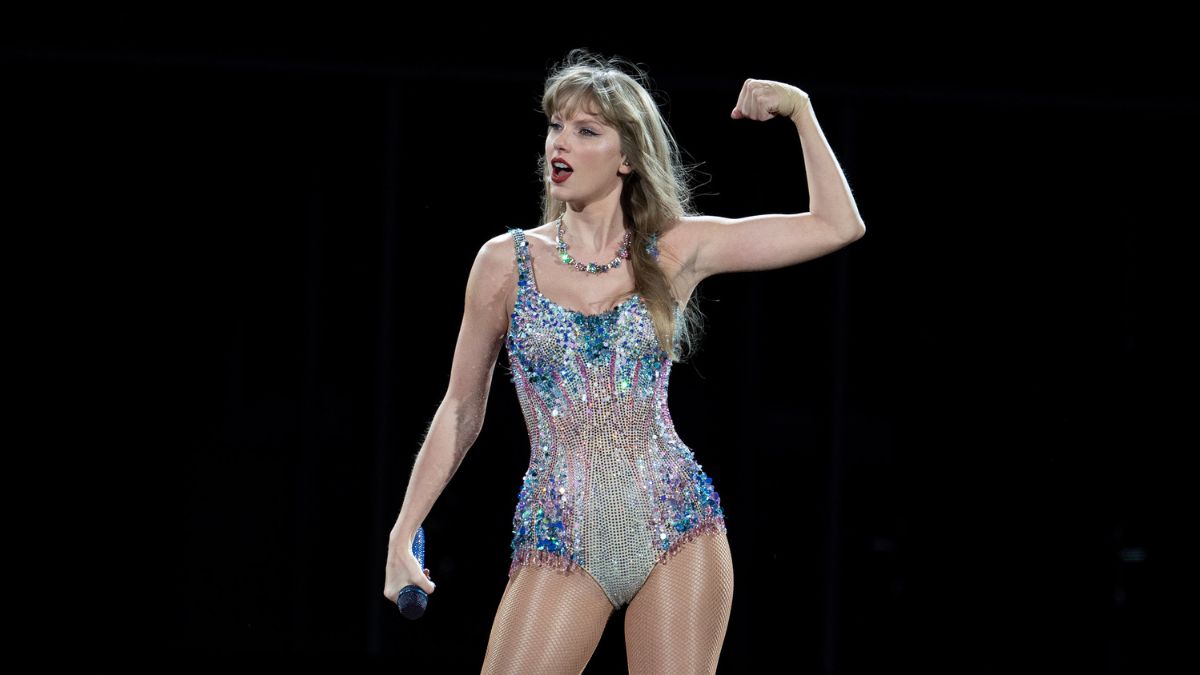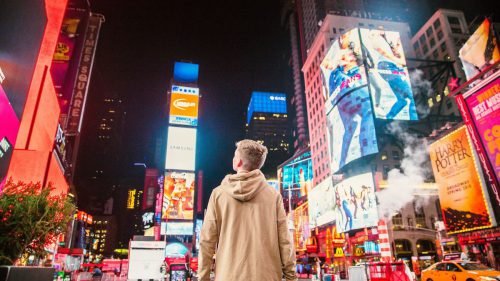

BreakPoint
Welfare’s Dirty Little Secret
Two days ago, I began a series here on Break Point on Clarence Thomas, nominee for the Supreme Court. The significant thing about Judge Thomas, I said at that time, is not so much what he says or does. It's who he is. His life story alone speaks volumes. It says the poor can climb out of poverty armed with just hard work, self-discipline, and faith. They don't need constant welfare handouts from the government. In fact, welfare can be counter-productive for the poor. Since the 1960s, the main effect of welfare--well-intentioned though it may have been at the start--has been to create an underclass of people who are chronically poor. How does this happen? I found out a few years ago when I was talking with a black Christian leader, who lives in one of the nation's worst ghettos. I asked him, "Is there any hope for ending welfare dependency?" And he answered, "Absolutely. These people don't like being on the dole." In that case, I asked, why are so many people stuck in it? Why don't we do something? My friend looked at me as though I were terribly naive. "You gotta understand how the system works, man," he said. "All those dudes in Washington told us we were victims. We were discriminated against. We couldn't make it on our own. "But they'd take care of us. All we had to do was vote for them. "And that's what we did. We voted for them. And in return, they pumped in the green. It's become a vicious cycle: We keep them in power, and they pay us to sit on our bottoms. They live off us. Don't you see how the system works?" Well, now I do. And so does Clarence Thomas. Judge Thomas supports equal opportunity. But he is adamantly opposed to treating black people--or any one else--as helpless victims just because of the color of their skin. Thomas speaks from experience. Here's a black man who knows what it's like to be poor. But he never bowed and scraped to a bunch of politicians who wanted to buy his vote with a welfare check. What Clarence Thomas has done is to lay bare what has been the dirty little secret of the welfare system: That the people who benefit most from the system are not the poor but a host of people in Washington. The politicians who can count on a permanent class of people beholden to them for that welfare check in the mail. The lobbyists who make careers out of stroking Congressmen for bigger benefits. The bureaucrats--5 million strong--who draw big salaries for administering welfare programs. It's these folks who are up in arms over the Clarence Thomas nomination: people whose political careers and hefty salaries depend on keeping a class of people permanently dependent. This issue is at the heart of the battle you will witness in the days ahead. The Senate Judiciary Committee, with a self-righteous air, will interrogate a black man who had the temerity to pull himself up in life without depending on a host of self-seeking politicians. Thomas's own life sends a message throughout the black community that they don't have to stay slaves to politicians and bureaucrats. They can stand up and walk right off the liberal plantation. Unfortunately, that's a message a lot of people don't want them to hear. This is the third of a seven part series on Clarence Thomas.
09/5/91















